Had Marx wished to produce a straightforward text of classical economics he could have done so — and in fact he did. Two lectures delivered in June 1865, later published as Value, Price and Profit, give a concise and lucid precis of his theories about commodities and labour. So why is Capital, which covers the same ground, so utterly different in style? A clue can be found in one of the very few analogies he permitted himself in Value, Price and Profit, when explaining his belief that profits arise from selling commodities as their ‘real’ value and not, as one might suppose, from adding a surcharge. ‘This seems like a paradox and contrary to everyday observation’, he writes. ‘It is also a paradox that the earth moves round the sun, and that water consists of two highly inflammable gases. Scientific truth is always a paradox, if judged by everyday experience, which catches only the delusive nature of things.
Female’s Education, Gender Equality and Economic Empowerment in South Asia
Female's education, equality ...
$59.40
$66.00

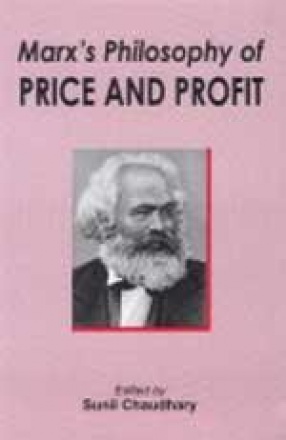

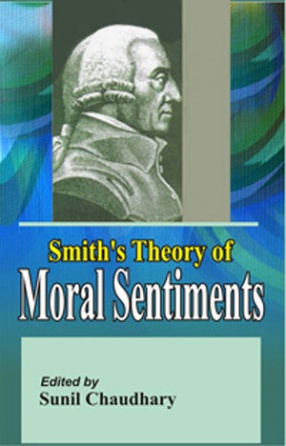
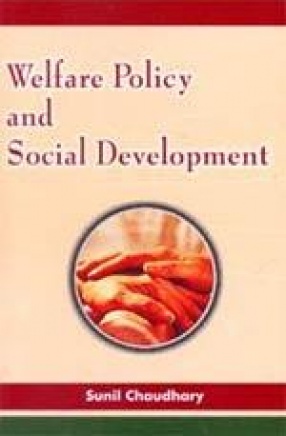

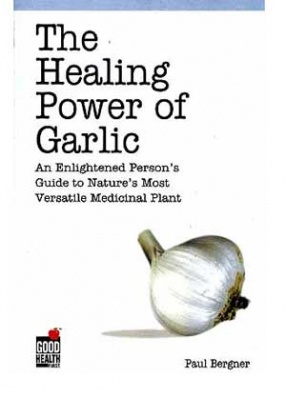
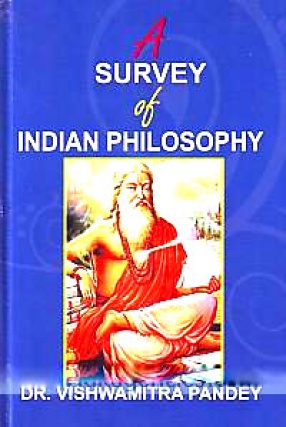
There are no reviews yet.